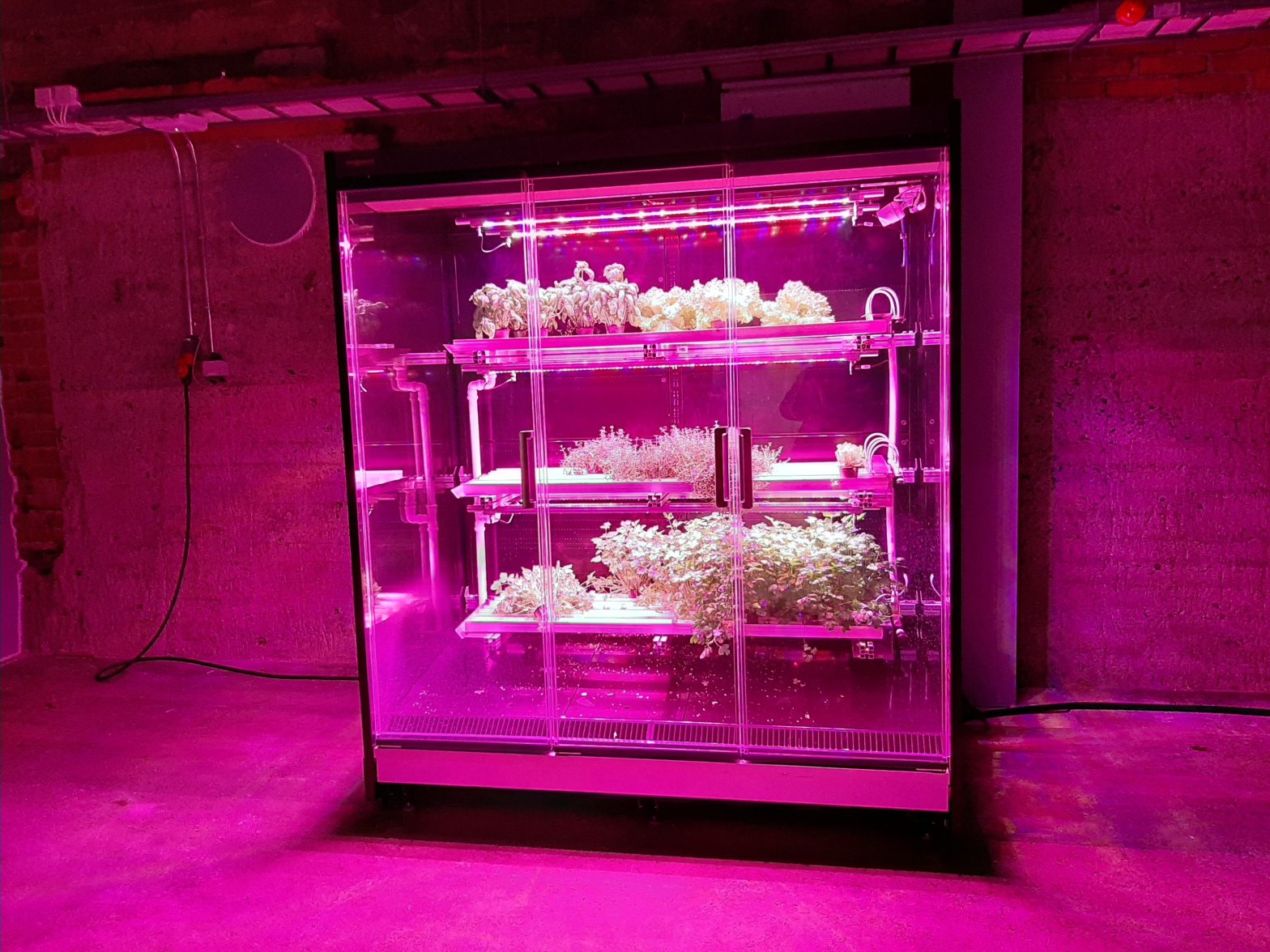
Photo: netled_2
Tampere cultivates urban food production
07 December 2020
by Sarah Wray
The Finnish city of Tampere is working with three local companies to explore new methods of sustainable food production.
The initiative will investigate business models for private sector companies as well as the role of the city. It is part of Tampere’s KIEPPI project which is working to create a model for carbon-neutral districts based on circular economy principles.
Karoliina Tuukkanen, Project Manager of KIEPPI, said: “Urban food production is new in Finland. We still need piloting in the sector because there are few business-viable companies. The projects will enable companies to experiment with the prerequisites for profitable operations.”
Urban farming
Food production accounts for around a quarter of global CO2 emissions. By 2050, it is expected that global food production will need to increase by 70 percent in developed countries and 100 percent in developing countries (from 2005-2007 levels), based on population growth trends. Urban food production, which produces food closer to the consumer to save natural resources, could help address these issues.
In Tampere, three urban farming companies are running pilots in city-provided premises in Hiedanranta, a former industrial area that is now focused on urban regeneration and experimentation.
Blokgarden is developing a service to provide customers with a pre-planted cultivation box in spring which is removed after harvest in autumn. In the KIEPPI project, the company is experimenting with a growing method based on ‘closed rotation” so that nutrients are not wasted and the substrate can be reused the following year.
Meluta is testing a farming robot in Blokgarden cultivation boxes. FarmBot automates the three biggest aspects of cultivation: sowing, irrigation and weeding. The aim is to find out how well the robot works and whether there is interest in it from consumers and professional farmers.
Netled has designed a vertical farming system that fits into small spaces such as grocery stores. The company is testing a service where residents and restaurants can order as many plants as they want, such as herbs, which are then grown for them. The goal is to reduce food waste and the environmental impacts of logistics.
City role
Vertical farming aims to minimise water use and maximise productivity, although some concerns have been raised about the energy required for artificial lighting and climate control (Netled claims its products address this). Urban farming can also cut transportation journeys and reduce waste.
“We still have to consider what role the city or new neighbourhoods play in terms of urban food production,” Tuukkanen commented. “For example, could land use or the [allocation] of business plots take into account what kind of sustainable business is wanted in the new district? This is what we are solving in the KIEPPI project.”








